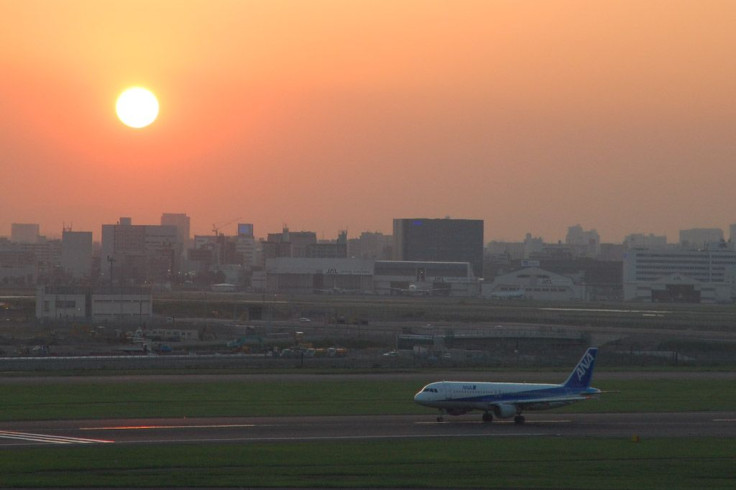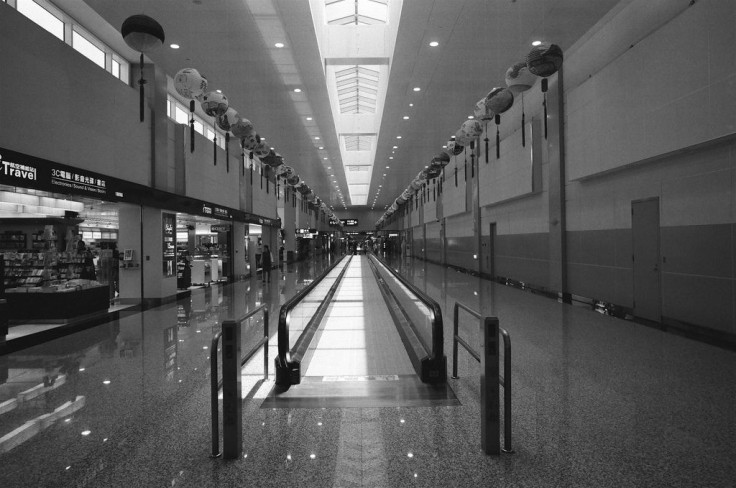Living Near An Airport Could Increase Your Risk Of Stroke

Living near a major airport, one becomes quickly enured to the sound of jets shredding the sky. Only when they are missing — a hurricane, ice storms, terrorist threat — does anyone even notice. Yet, disrupted sleep over a generation may significantly increase risk for heart attack and stroke, a new study suggests.
For every 10 decibels of additional noise from air traffic over a generation, one’s risk of developing either condition rose by 25 percent. Researchers from Imperial College London reported the findings Sunday in the journal Environmental Health. In the study, they compared data from 2004 to 2006 on long-term residents of areas near airports in the United Kingdom, Germany, Sweden, Greece, Italy, and the Netherlands.

Air pollution as a possible culprit they ruled out in the UK, Sweden, and the Netherlands, with access to that environmental data. At least one previous study had blamed increased susceptibility to those conditions on road noise, though many scientists now point to elevated levels of nitrogen oxide pollution found in those European countries.
The idea that disrupted sleep patterns may pose an invisible risk to health is also supported by previous study showing that nightly aircraft noise raises blood pressure in general. “It may be that aircraft noise at night affects sleep and this is a potential mechanism for the observed observations,” researcher Sarah Blangiardo and her colleagues wrote.
The study was funded by the European Commission.
Floud, Sarah, Blangiardo, Marta, Clark, Charlotte, de Hoogh, Kees, Babisch, Wolfgang. Exposure To Aircraft And Road Traffic Noise And Associations With Heart Disease And Stroke In Six European Countries: A Cross-Sectional Study. Environmental Health. 2014.
Published by Medicaldaily.com



























